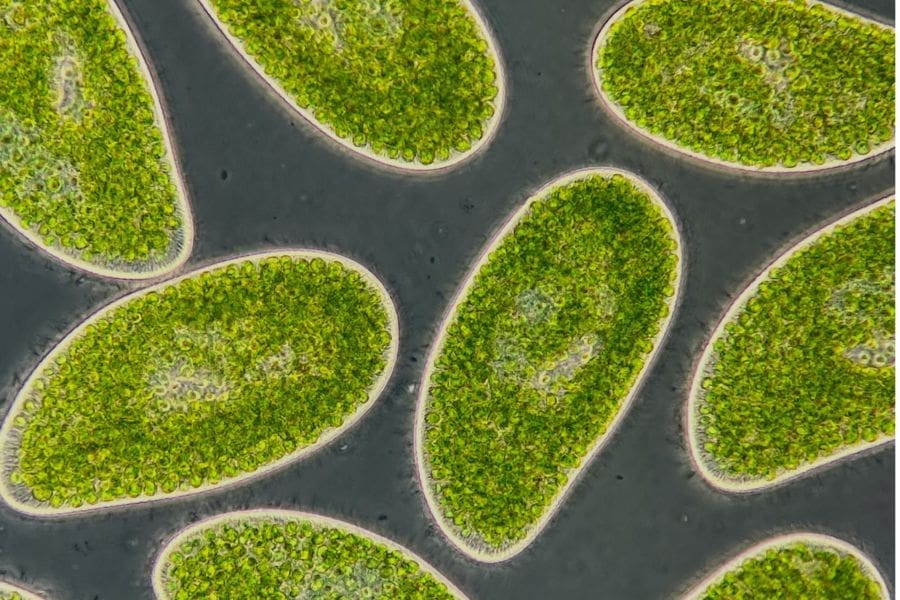Peatlands, often overlooked for their muddy and unassuming appearance, have been revealed as potent guardians against climate change. These vast expanses, covering only 3% of the Earth’s surface, hold twice as much carbon as all the world’s forests combined, acting as crucial carbon sinks. However, a new study suggests that the intricate balance of life within these peatlands is under threat from climate change, potentially jeopardizing their vital role in mitigating global warming.
Published in the journal Global Change Biology on March 3, the study, led by Duke biology professor Jean Philippe Gibert and doctoral student Christopher Kilner, sheds light on the impact of climate change on the often-overlooked world of peatland protists.
Protists, tiny organisms that abound in peatlands, play a significant role in the movement of carbon within these ecosystems. Some protists aid carbon storage by drawing carbon dioxide from the air, while others disrupt this process by preying on nitrogen-fixing bacteria essential for peatland health.
To investigate the effects of climate change on these microscopic actors, researchers conducted a pioneering experiment in a northern Minnesota bog. They created open-topped enclosures simulating different warming scenarios, including elevated carbon dioxide levels akin to those projected by the century’s end if fossil fuel consumption continues unchecked.
Over five years, the team observed unexpected shifts in protist behavior. While warming initially boosted protist abundance, elevated carbon dioxide levels reversed this trend. Furthermore, the combined effects of warming and increased carbon dioxide altered protists’ feeding habits and metabolic traits, influencing their contribution to carbon emissions.
Jean Philippe Gibert emphasized the significance of these findings, stating that neglected aspects of the peatlands’ microbial food web are sensitive to climate change in ways not currently accounted for in predictive models.

Credits: Daniel Wieczynski
The implications of these changes for peatlands’ ability to combat climate change remain uncertain but are likely substantial. As global temperatures rise, understanding the intricate dynamics of peatland ecosystems becomes increasingly urgent for effective climate mitigation strategies.
This research, funded by the U.S. Department of Energy (DE-SC0020362), represents a collaborative effort involving scientists from Duke University and Oak Ridge National Laboratory. Other authors include Alyssa Carrell, Dale Pelletier and David Weston of Oak Ridge National Laboratory; and Daniel Wieczynski, Samantha Votzke, Katrina DeWitt, Andrea Yammine, and Jonathan Shaw of Duke.
As the world grapples with the urgent need to address climate change, studies like this highlight the critical role of seemingly insignificant organisms in shaping the fate of our planet’s ecosystems and climate.
(More information: Christopher L. Kilner et al, Temperature and CO2 interactively drive shifts in the compositional and functional structure of peatland protist communities, Global Change Biology (2024). DOI: 10.1111/gcb.17203); Duke University – Press Release; Featured image credits: DC Studio – Freepik.com)




